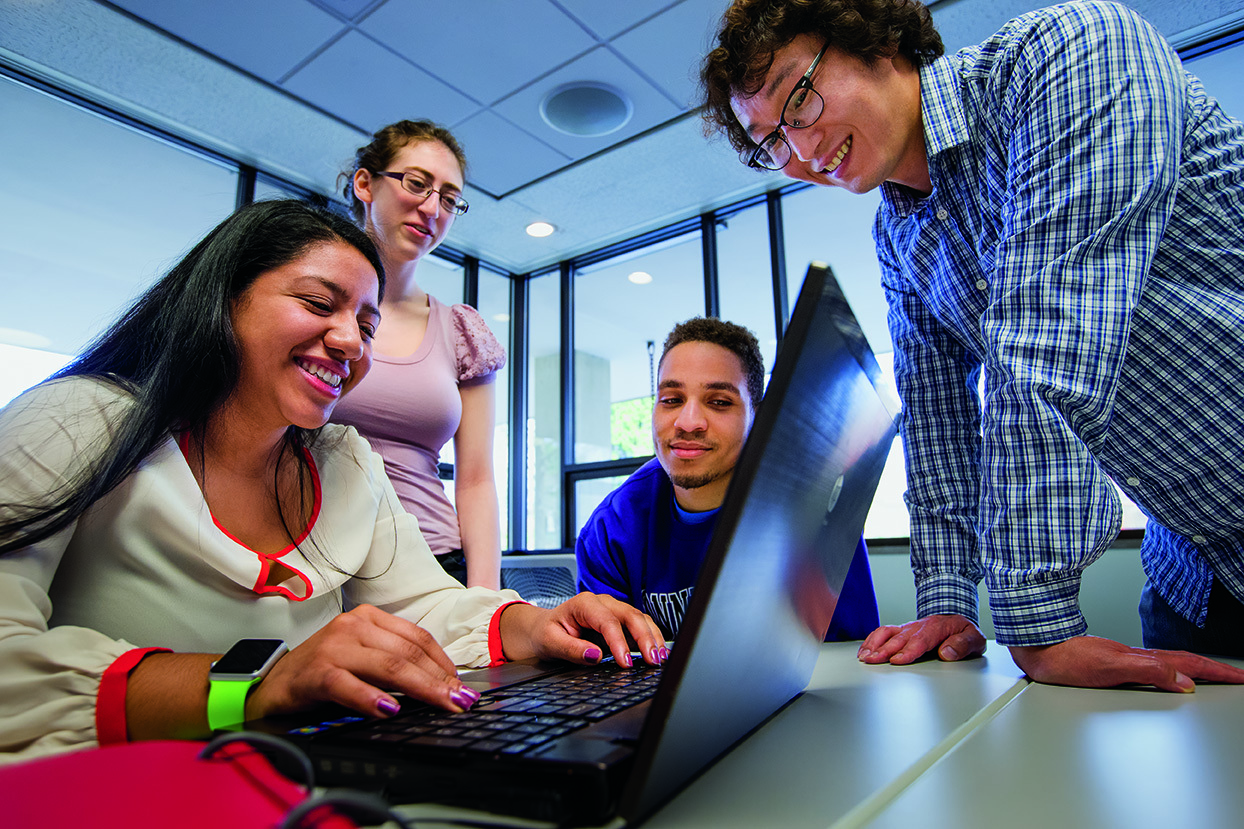
Institute
2021 Institute on General Education and Assessment
The AAC&U Institute on General Education and Assessment (IGEA) provides opportunities for campus teams to improve the design and assessment of their general education programs.
–
Remote Learning Experience
About the Institute
The Institute on General Education and Assessment (IGEA) provides campus teams with opportunities to refine and advance general education programs and their assessment. The Institute conveys a deep and abiding commitment to ensuring that access to excellence in higher education is available to all students, striving towards a vision of education that is energized by students’ multiple and intersecting identities. This vision of education commits to making an inextricable synergy between quality and equity the standard for excellence in undergraduate educational practice. During the Institute, teams will explore designing equity-minded approaches to integrating general education with the major, demonstrating the centrality of general education in connecting student learning with critical social issues that matter to students and society, and that are intentionally aligned with the learning outcomes identified as essential for student success in their own lives, their communities and the workplace.
The Institute is framed around a liberal education that reflects the 5 Principles of General Education Maps and Markers (GEMs)—proficiency; agency and self-direction; integrative learning and problem-based inquiry; equity; and intentionality, transparency, and assessment. These principles were developed as part of our nationwide study of foundational purposes of general education programs to advance student learning and preparation.
Who Should Attend?
The Institute on General Education and Assessment is designed for any campus, system, or consortium engaged in redesigning general education for students. Attendees can be at any stage in the process of rethinking general education approaches and issues emerging from their respective needs and circumstances. Teams should include a diverse set of colleagues, including a senior academic officer and faculty and other educators working on general education committees or teaching general education courses. Team members can include student affairs professionals and assessment and curriculum specialists with active roles in advancing student learning on campus.